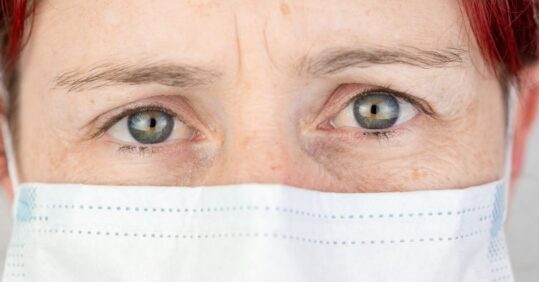Nurses most at risk of distress during Covid-19, study finds

Nurses and female healthcare workers are most at risk of experiencing psychological distress during the Covid-19 pandemic, major research has found.
The University of Sheffield study warned the distress among healthcare workers could last for up to three years after the initial outbreak of the coronavirus crisis in 2020.
Related Article: NHS 10-year plan: What does it mean for nursing?
In the largest ever global review of psychological distress during an infectious outbreak, the researchers looked at 139 studies – including on Covid-19, SARS, bird flu, swine flu and Ebola – that included 143,000 healthcare workers from between 2000 and November 2020.
Lead author Dr Fuschia Sirois said there was ‘consistent evidence’ that ‘being female, a nurse, experiencing stigma and having contact with infected patients were the biggest risk factors for psychological distress among healthcare workers.’
Out of 34 studies that considered different occupations, 18 found that being a nurse was associated with higher stress, burnout, anxiety, depression, PTSD symptoms, psychiatric morbidity, and psychological distress compared to being another healthcare worker.
In addition, out of 90 studies that tested sex, two-thirds found that being female was associated with higher risk of psychological distress.
Related Article: Funded nurse workforce plan needed for neighbourhood health services
Authors of the study, released at the end of last month, also highlighted that distress for healthcare work can persist for two to three years after the initial outbreak of an infectious disease, meaning that ‘monitoring and providing appropriate support should continue beyond the outbreak period to ensure mental health recovery’.
They also found that healthcare workers who faced stigma during a pandemic experienced greater distress. However, social support, perceiving control, sufficient information about the outbreak and proper protection were associated with less psychological distress.
Related Article: Over one million children living in homes causing asthma and chronic illness
Dr Sirois continued: ‘As the world continues to tackle the Covid-19 pandemic it is so important that we identify the healthcare workers who are most at risk for distress and the factors that can be modified to reduce distress and improve resilience.’

See how our symptom tool can help you make better sense of patient presentations
Click here to search a symptom




